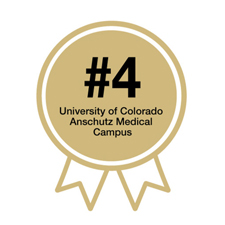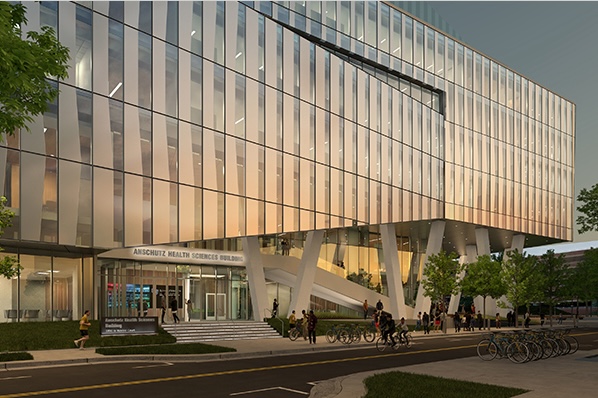Accelerating life-changing discoveries.
Empowering faculty innovation.
Amplifying patient impact.
Making the future of healthcare happen – now.
CU Anschutz Impact
Listed among the “Top 20 in the World for Tech Transfer”, named a “Top 5 Innovation Hub” by the NIH and Ranked “#4 Leading Academic Institution”

Nature Index Innovation, 2022
We Are CU Innovations
Technology commercialization and venture development supporting CU Anschutz and CU Denver

CU Innovations specializes in commercializing technology, developing ventures, and building business partnerships. Located on the University of Colorado Anschutz Medical Campus, we are the go-to resource for biomedical technology commercialization. By uniting industry partners, entrepreneurs, and investors, we assist CU researchers in developing biomedical technologies - improving the quality of life for patients worldwide.
CU Innovations Annual Report
Transformative breakthroughs & innovation successes stories.